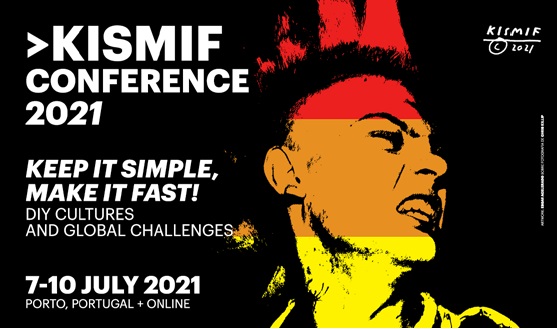Alisa Maximova took part in a conference on DIY cultures

Alisa presented a paper titled "DIY institutions by necessity: state funded local history museums in Russian small towns".
Abstract
Research generally view DIY institutions as small-scale, informal, volunteer-run, community focused, independent organisations. They are often contrasted with mainstream cultural and heritage institutions. However, I argue there is a field inbetween. The paper focuses on museums of local history in Russian regions,formal institutions that by necessity have to rely on informal participation, DIY practices, and volunteering. Local history museums in Russia were developed in the 20th century as a state network. They have been, and remain, tightly connected with nation building and dependent on centralized control and budget funding. In regional museums, resources are scarce. There is little room forchange and for promoting museum activities. Museum work, although provides a permanent position, is underpaid (rarely more than 200 euro per month).These circumstances allow for emergent DIY-practices that help maintain the museums and develop them. Despite holding no official expert title nor having professional training, people engage in creating exhibitions and museum programmes. For example, they contribute by building wooden mockups of localchurches, by creating folk costume exhibits, by bringing their own collections into the museum, or by researching the towns’ past. Yet, unlike “traditional” DIY institutions, DIY practices in local history museums mostly remain individual projects of hobbyists and enthusiasts. They might be about the local past, and they might indirectly serve communal interests, but primarily they are not collective or community-oriented. The study is based on in-depth interviews with current and former museum staff, amateur local historians, volunteers, and other types of actors.
Programme of the conference
Alisa S. Maximova
